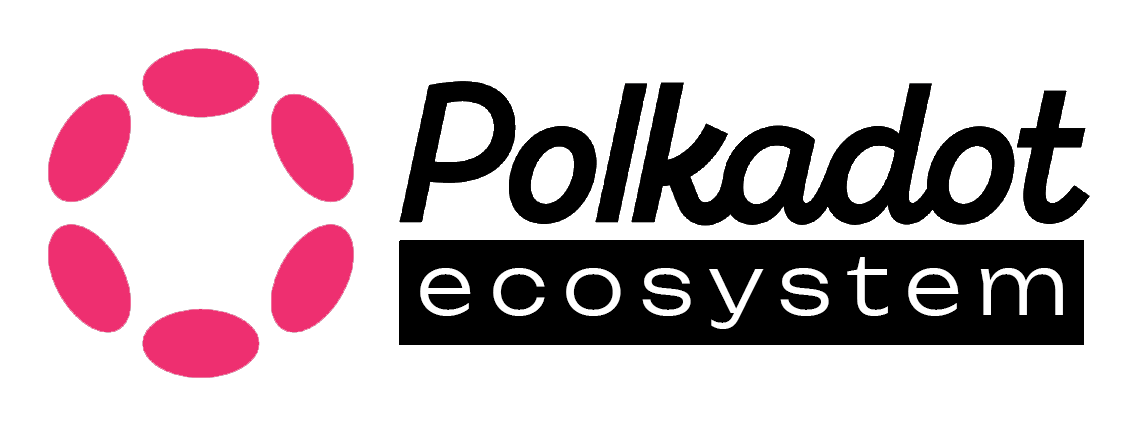Decentralizing AI with OriginTrail
Este conteúdo não está disponível em sua língua ainda.
The rapid evolution of Artificial Intelligence (AI) has brought significant advancements and challenges, with large language models (LLMs) becoming central to AI-driven interactions. However, the reliance on these models has introduced issues such as hallucinations, bias, and the centralization of power among a few technology giants. As AI continues to proliferate, these challenges have led to concerns about the sustainability and reliability of AI systems, prompting a shift towards decentralized solutions. In this landscape, OriginTrail, co-founded by Brana Rakic and Nikola Todorovic, emerges as a pioneering force in decentralizing AI through the use of Web3 technologies. This article delves into their journey, exploring how they are building the decentralized knowledge graph (DKG) and the impact it has on the future of AI and the internet.
The Rise of AI and Its Challenges
The advent of LLMs has revolutionized human-computer interactions, with systems like ChatGPT demonstrating the ability to generate coherent and contextually relevant responses. However, these models are inherently designed to predict the next word, which can lead to the generation of confident yet inaccurate responses—a phenomenon known as hallucination. This issue, combined with the centralization of AI development in the hands of a few large corporations, raises significant concerns about the trustworthiness and transparency of AI-generated content.
Furthermore, as AI continues to generate and consume its data, there is a growing risk of “model collapse“, where the quality and reliability of AI outputs deteriorate over time. This scenario poses a significant threat to the integrity of the internet and the broader digital ecosystem. Addressing these challenges requires a paradigm shift in how AI systems are designed, trained, and deployed—a shift that Brana Rakic and Nikola Todorovic are championing through their work with OriginTrail.
OriginTrail: The Foundation for a Verifiable Internet
OriginTrail, often referred to as the decentralized knowledge graph for trusted AI, aims to tackle the fundamental issues plaguing AI development today. Unlike traditional centralized AI models, OriginTrail leverages Web3 technologies to create a decentralized framework where data ownership, intellectual property rights, and verifiability are paramount. This approach ensures that AI systems are not only powerful but also trustworthy and transparent.
At the core of OriginTrail’s solution is the decentralized retrieval augmented generation (DRAG) framework. This framework represents a significant advancement over traditional LLMs by integrating decentralized knowledge assets into the AI’s decision-making process. Instead of relying solely on pre-trained models, the DRAG framework allows AI systems to access and verify information from a decentralized network of knowledge assets, ensuring that the responses generated are both accurate and verifiable.
Brana Rakic & Nikola Todorovic: Visionaries Behind OriginTrail
Brana Rakic and Nikola Todorovic, the co-founders of OriginTrail, bring a wealth of experience and vision to the project. Their backgrounds in AI, blockchain technology, and decentralized systems have equipped them with the expertise needed to tackle the complex challenges of building a decentralized AI ecosystem. Their shared vision of creating a verifiable internet, where data is owned and controlled by the individuals and organizations that generate it, is at the heart of OriginTrail’s mission.
Under their leadership, OriginTrail has evolved into a multi-chain decentralized network that operates across several blockchain platforms, including Polkadot, Ethereum, and Gnosis. This multi-chain approach not only enhances the scalability and flexibility of the network but also ensures that it can accommodate a wide range of use cases, from supply chain management to scientific research.
The Role of the Decentralized Knowledge Graph (DKG)
The decentralized knowledge graph (DKG) is the cornerstone of OriginTrail’s approach to decentralizing AI. Knowledge graphs are a branch of AI known as symbolic AI, which focuses on representing information in a structured, interconnected format. By combining symbolic AI with the more recent advancements in neural AI, OriginTrail’s DKG provides a powerful tool for organizing and verifying information across a decentralized network.
One of the key innovations of the DKG is its ability to retain data ownership and intellectual property rights while enabling decentralized access to knowledge assets. This is particularly important in industries where data is a critical asset, such as scientific research, healthcare, and finance. By enabling organizations to retain control over their data while contributing to a decentralized knowledge network, OriginTrail is paving the way for a more equitable and transparent AI ecosystem.
Neuroweb: The Polkadot Connection
OriginTrail’s deployment on Polkadot, with its custom parachain called Neuroweb, is a testament to the project’s commitment to interoperability and scalability. Polkadot’s shared security model and modular framework provide the perfect environment for OriginTrail’s decentralized knowledge graph to thrive. Neuroweb serves as a critical component of the OriginTrail ecosystem, incentivizing the creation and sharing of trusted knowledge through a decentralized governance model.
The Neuroweb chain on Polkadot is designed to facilitate the creation of “paranets“—decentralized networks that allow users to build and manage their knowledge assets. Through Neuroweb, users can apply for treasury funding and receive incentives for contributing to the decentralized knowledge graph. This incentivization model not only encourages participation but also ensures that the knowledge assets within the network are continuously updated and verified.
The Future of Decentralized AI
As AI continues to evolve, the need for decentralized solutions becomes increasingly apparent. The challenges posed by centralization, hallucinations, and model collapse highlight the limitations of traditional AI models and underscore the importance of transparency and verifiability in AI systems. OriginTrail, under the guidance of Brana Rakic and Nikola Todorovic, is at the forefront of this shift, building the foundation for a decentralized, verifiable internet that empowers individuals and organizations alike.
The integration of Web3 technologies with AI through the decentralized knowledge graph and the DRAG framework represents a new frontier in the development of trustworthy AI systems. By enabling AI to access and verify information from decentralized sources, OriginTrail is not only addressing the current challenges of AI development but also laying the groundwork for a more equitable and transparent digital future.
Conclusion
The work of Brana Rakic and Nikola Todorovic with OriginTrail exemplifies the potential of Web3 technologies to transform the AI landscape. By decentralizing the ownership and verification of knowledge, they are creating a more trustworthy and transparent internet that can support the next generation of AI systems. As the internet undergoes a paradigm shift towards AI-driven interactions, the decentralized approach championed by OriginTrail will play a crucial role in ensuring that this new digital era is both equitable and sustainable.
In the ever-evolving world of AI and blockchain technology, the contributions of Brana Rakic and Nikola Todorovic serve as a beacon of innovation and foresight, guiding the way towards a more decentralized and verifiable internet. Through their work with OriginTrail, they are not only addressing the immediate challenges of AI development but also shaping the future of the internet itself.

